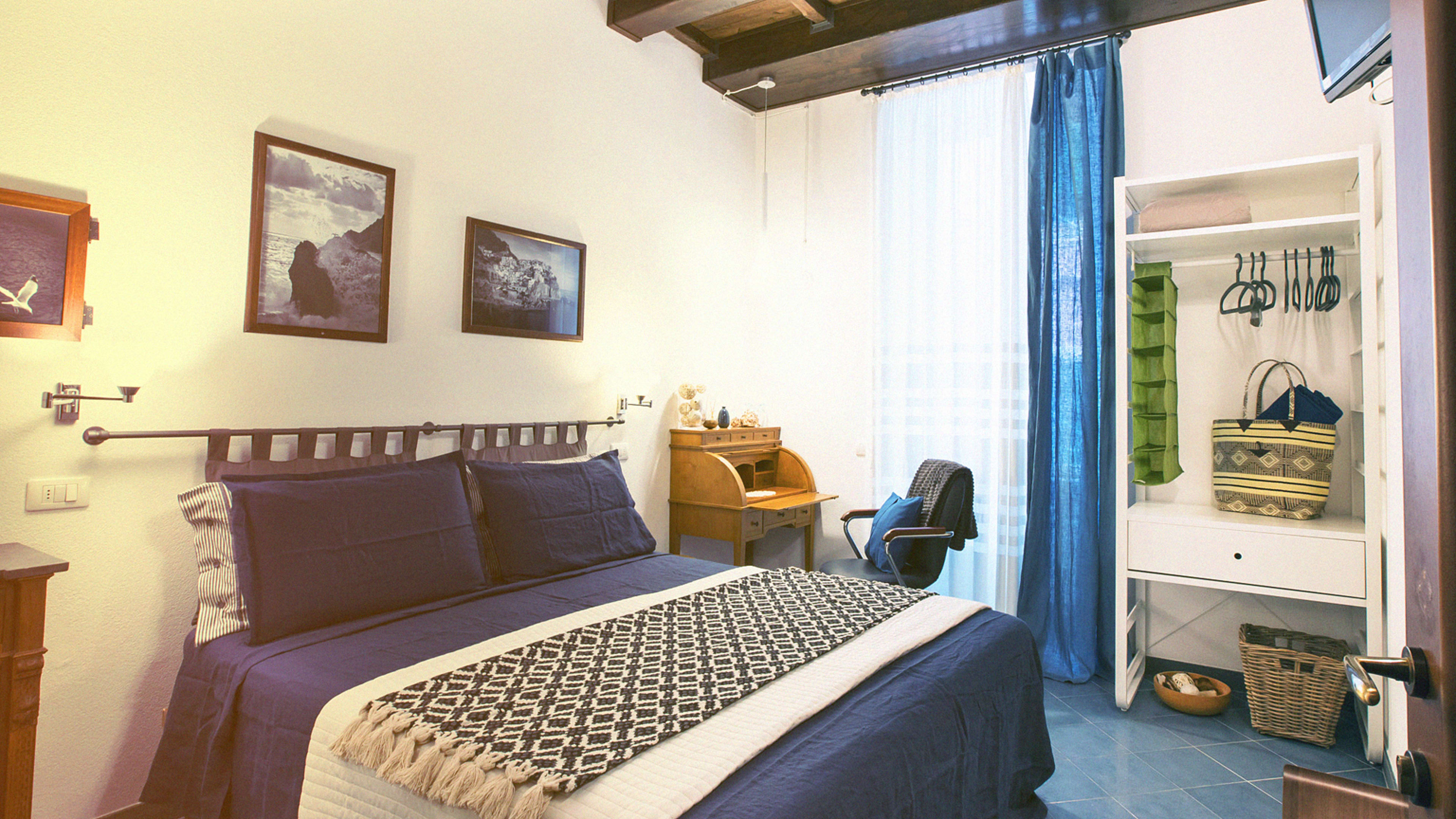When platforms like Airbnb and Uber first launched, their early adopters embraced the romance of the sharing economy. Those first guests and riders lamented a modern world that appeared to lack neighborly trust, and embraced sharing platforms’ promise to restore our faith in one another.
Fast forward to 2018, and sharing platforms are starting to realize that idealism will get them only so far. Mainstream consumers appreciate the benefits of the sharing economy, like affordability and convenience, but they remain wary of the risks. In short, before they extend trust to their neighbors, they want insurance.
A new report from Lloyd’s, the London-based specialist insurer, underscores this point. To compile the report, Lloyd’s surveyed 5,000 consumers from the U.S., U.K., and China, and also queried employees from 30 sharing economy startups. Lloyd’s also drew on its experience developing insurance products for sharing platforms.
According to the report, 58% of consumers in the U.S. and the U.K. say sharing economy platforms are too risky to justify their use. At the same time, layer in respondents from China, and 71% of consumers say they would be more likely to use sharing-economy services if insurance were available. Similarly, 70% of consumers would be more likely to share their home or other assets if startup platforms offered insurance.
“Insurance couldn’t be more important for companies like this,”says Chris Moore, deputy head of casualty for Apollo 1969, a Lloyd’s syndicate. “As soon as you start asking people to share their time, share the things that are most important to them, you need insurance to provide that trust factor.” (Insurance that Lloyd’s, of course, would be happy to provide.)
Airbnb Learns From The Past
After a series of high-profile disasters in which angry hosts and guests lashed out with stories of property neglect and destruction, Airbnb has become a leader in this regard. Through Apollo, Airbnb purchased a master policy valid everywhere where it operates. Creating the policy was an onerous process; for example, words like “host” needed to be defined in dozens of languages and made compliant with regulations in 140 countries.
Moore led the effort, which grew more complex as his team realized the extent to which Airbnb hosts were determined to pursue five-star ratings and “superhost” status. “It started driving these behaviors we didn’t predict,” he says, including the phenomenon of hosts offering to pick up guests at the airport or train station, for free. “If they were to get into an accident on that trip, it would be well within the rights of the guest to sue.”
The resulting product has become a useful template for other sharing economy platforms, and set a new standard in terms of customer expectations. “It may be expensive, but it’s ultimately going to enable you to take your platform global,” Moore says. “Insurance in this sector is an enabler of growth, not a blocker.”
Who Gets Blamed?
Some sharing-economy platforms are still coming around to the implications of that idea. The vast majority (78%) believe they will attract more customers if they offer insurance–but they don’t want to bear the responsibility that insurance implies. According to the Lloyd’s survey, 53% of sharing-platform employees say that consumers are responsible if something goes wrong, and 27% say that the host, driver, or other provider is responsible. Just 20% of the platforms believe they should have to take ownership of mishaps and damage.
Among consumers, the views are flipped. Of those surveyed, 53% say that sharing platforms are responsible if something goes wrong, and 32% say that providers are on the hook.
For consumers, options may soon improve. Younger and younger sharing platforms are exploring insurance options, recognizing that the product will improve their ability to compete, while engendering goodwill with regulators. And mature sharing platforms have achieved a scale that allows them to offer insurance more affordably.
Ultimately, Moore speculates, sharing platforms like Airbnb (and self-driving car companies like Ford and Tesla) will develop their own insurance offerings in-house, using their own proprietary data to assess risk. Most insurance companies, he says, “can’t create the solutions at the pace of what they want to do.”
Recognize your brand’s excellence by applying to this year’s Brands That Matter Awards before the early-rate deadline, May 3.
